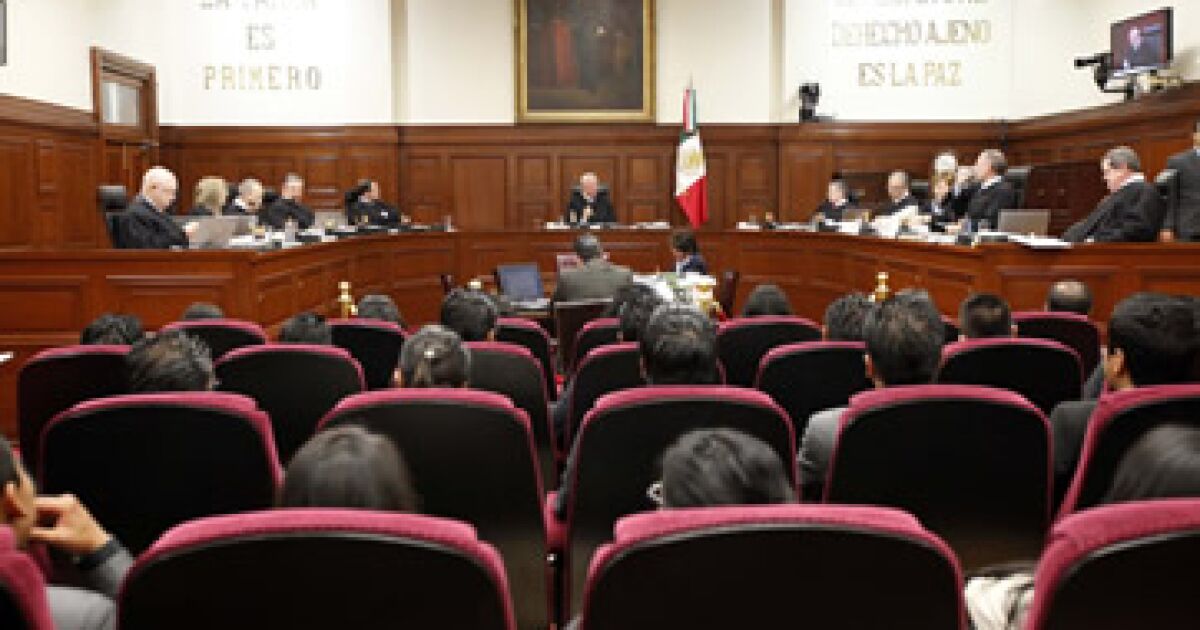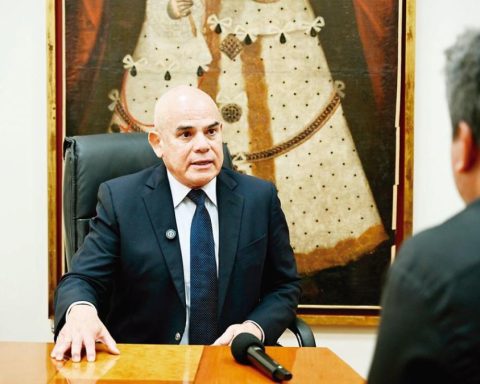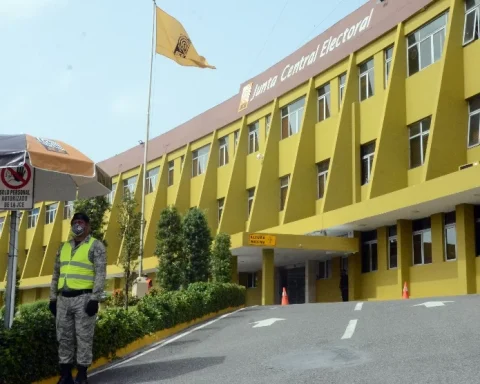Meanwhile, the power to authorize the aforementioned codes of ethics of broadcasting companies and television stations is returned to the IFT.
It even considers that leaving this matter in the hands of the concessionaires “causes the risk that its regulation will not foster plural and quality public deliberation, to the detriment of the principles that govern representative democracy (freedom of expression and access to information)”.
The CIRT statement
In this sense, the CIRT, an autonomous institution that represents more than 1,600 affiliated radio and television stations throughout the country, asked the full Court to review the content of the aforementioned project in a timely manner.
Said sentence is a direct and unusual attack on freedom of expression in Mexico.”
CIRT
For the president of the CIRT board of directors, José Antonio García Herrera, the obligation to distinguish between news and opinion content would only give rise to censorship.
“If this course of action continues, have no doubts, we will go to international bodies to show the censorious and ominous mantle with which some want to cover our country,” he said in a statement.
In addition, he expressed his concern “for the sensory framework that is imposed on Mexican radio and television and, above all, our communicators, and of course against national journalism that has seen record numbers in the number of dead and threatened comrades.”
















